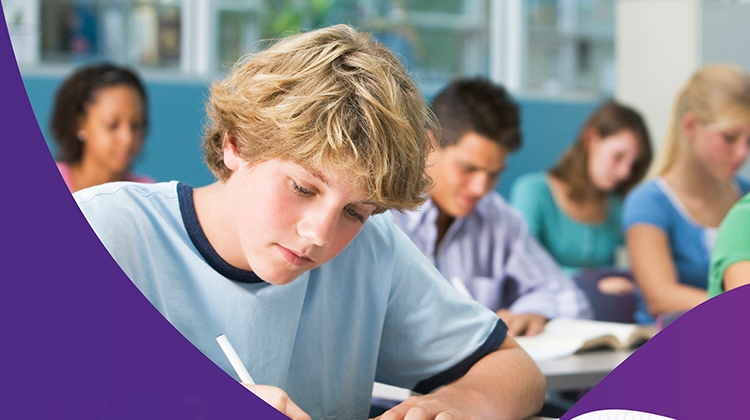Pandemic-proofing the education system

The University of Queensland and Paul Ramsay Foundation Learning through COVID-19 project has explored the impact of the national lockdown on educational disadvantage and provides a roadmap for addressing educational disadvantage after the pandemic.
UQ’s Institute for Social Sciences Research director Professor Mark Western said this was the first study to present evidence-based solutions to help inform policy.
“More than 60 school and community programs already exist to support children and young people experiencing disadvantage,” Professor Western said.
“But compared to other countries, Australia lacks the same evidence-based support services, leaving us exposed to widening the educational divide.
“More needs to be done to invest in the future of Australia’s children and young people by deploying evidence-based programs that address four priority areas for action.
“Our report gives decision makers, service providers, and potential funders a toolkit for implementing a range of guiding principles for school-based programs that would provide more support services tailored to students during the next potential lockdown or disaster.
“Student mental health, the future roles of teachers and communities, digital equality, and protections for vulnerable students should be the focus of new education policies if governments want to pandemic-proof our children’s future.”
ISSR researchers analysed large data sets and conducted interviews and focus groups with children and young people experiencing disadvantage, as well as service providers, government, and academic experts to capture and understand which elements of the system of educational disadvantage were directly impacted by COVID-19.
The latest action areas from Stage Three
Student mental health, wellbeing and hope
1a Provide mental health programs, 1b Integrate flexible learning models, 1c Engage parents/carers on mental health, 1d Build teacher capacity on mental health.
Future role of teachers, schools and communities
2a Provide high dose tutoring, 2b Engage parents/carers in student education, 2c Integrate flexible learning models, 2d Build teacher capacity, 2e Provide free school meals.
Digital equity
3a Build digital literacy among students, 3b Build digital literacy among parents, 3c Support teachers to develop and implement online learning, 3d Facilitate access to digital devices and connectivity.
Protections for the most vulnerable students
4a Provide targeted services for the most vulnerable students, 4bProvide targeted family support, 4c Strengthen support networks for children at risk.
More about the Learning through COVID-19 project, including the stage 3 findings here.